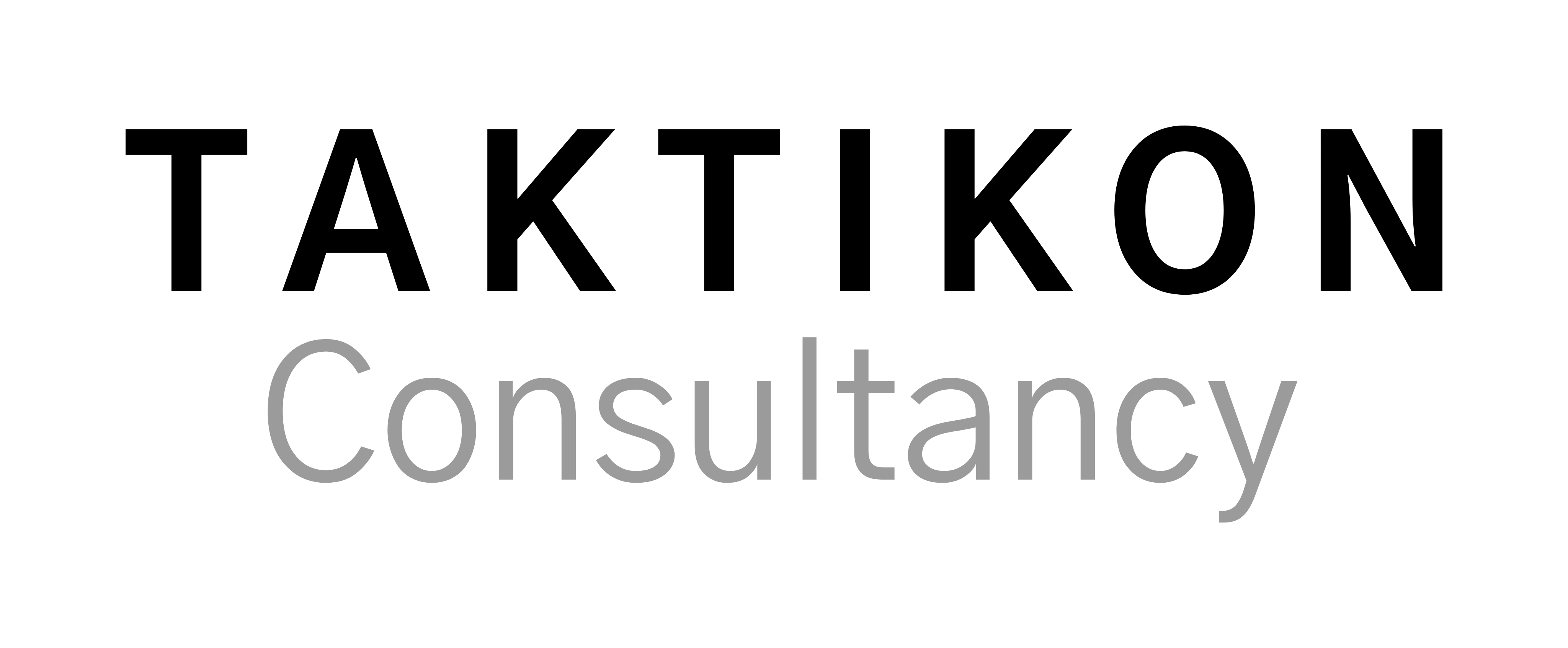The hospitality landscape is shifting fast. The traditional rhythms we have relied upon have been disrupted. Instead of steady demand across the year, seasons are shifting, with bookings coming in late and most revenue concentrated in the second half.
In this new reality, hotels face a crucial question: How do we attract guests during low season, and how do we ensure enquiries actually become bookings?
The answer lies in one of the most underestimated functions in our industry: inhouse sales.
Inhouse Sales Hotels Can Rely On
For many properties, inhouse sales has historically been treated as an administrative role: answering emails, providing quotes, and blocking space. But this outdated view is holding hotels back.
Today, inhouse sales teams are revenue drivers, not just reservation handlers. When done right, they are the ones who convert uncertainty into confirmed business, who upsell with tact, and who truly understand what makes a deal valuable, not just available.
Here’s why it is time to elevate the role of inhouse sales in hotels, especially when navigating low season.
1. A Good Sales Department Is Not a Luxury, It is a Lifeline
In a volatile market, sales stability means business stability. A skilled inhouse sales team doesn’t wait for high season to do their best work, they focus on generating business during shoulder and off-peak periods. This is where proactive communication, strong follow-up, and segment-specific communication make all the difference.
A good sales department is not only reactive but also strategic:
- Who is likely to book a retreat in November?
- Which local companies need meeting space during low demand?
- Are there niche segments we currently are not tapping into?
These questions are the key to filling the gaps, and inhouse sales is where the answers begin.
2. Bookers Must Convert, It is That Simple
Website traffic and marketing campaigns mean nothing if incoming enquiries don’t turn into real business. Inhouse sales is the final, critical step in the conversion funnel.
Yet too many hotels leave conversion to chance, relying on templates and generic replies. A skilled sales agent understands timing, tone, and psychology. They know that “We’ll think about it” doesn’t mean No; it means you haven’t answered to their real need yet.
Training sales teams to ask the right questions, propose alternatives, and handle objections confidently is one of the fastest ways to boost hotel revenue.
3. Sales Is a Skill, and It Must Be Taught
Hospitality staff are often warm, responsive, and service-minded, but that doesn’t automatically make them strong salespeople.
Sales is a craft. It requires:
- Listening beyond what the guest says
- Understanding pricing logic and availability
- Knowing when to push and when to hold back
It also means being confident in the product, having access to updated offers, and understanding what makes the hotel valuable to different types of customers.
4. Business Acumen Changes Everything
One of the key differences between average and excellent sales performance is business acumen.
Sales agents with this mindset understand:
- The true value of a booking (not just the rate)
- How group dynamics affect revenue
- The impact of timing, cancellation policy, and ancillary spend
They are able to see the deal, not just the request. They suggest additional services, offer upsells, and understand how their role connects to broader hotel performance goals.
5. Don’t Decide for the Customer, Let Them Say Yes
A common pitfall in hospitality sales is assuming what the customer can afford. This leads to cautious quoting, no upselling, and missed revenue.
But the reality is: if you don’t offer the upgrade, the customer can’t choose it.
Sales isn’t about pushing, it is about presenting opportunity. When you withhold options, you deny the guest the chance to say “yes”.
6. Know Who You’re Selling To And What They Need
Is it a wedding planner, a sports team, or a pharmaceutical rep? Each segment has distinct needs. Yet too often, hotels send out the same reply to every request.
Segment-savvy sales means understanding:
- Group size and purpose
- Lead time and flexibility
- Decision-making process and key concerns
Great salespeople adjust their approach based on who they’re talking to, not just what they are selling.
Time to Rethink Inhouse Sales in Hotels
In 2025, success won’t go to the hotel with the fanciest lobby or the biggest billboard. It will go to those who know how to turn every enquiry into a conversation, and every conversation into a deal.
- It is time to stop seeing inhouse sales as a back-office function!
- It is time to train, support, and empower sales teams to become true revenue-makers!
Because in a world where demand is unpredictable, one thing is certain: Sales doesn’t stop, and it shouldn’t be slowed down.
Want to talk more about how to strengthen your hotel's sales function?
We listen, just like a great inhouse seller should.
Read more about Taktikon Crew here: https://taktikon.com/sales/
